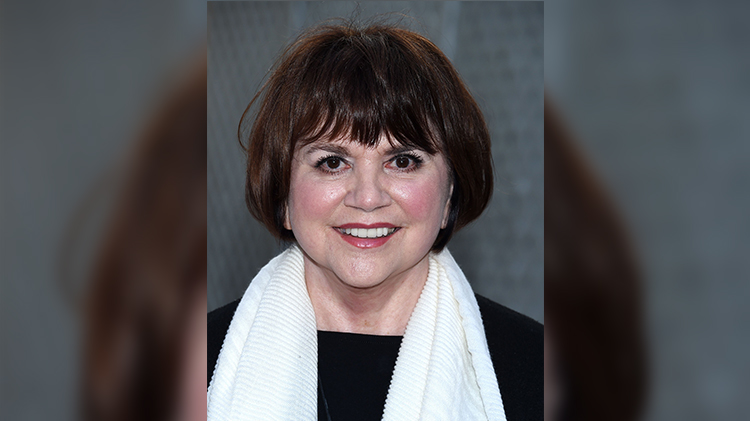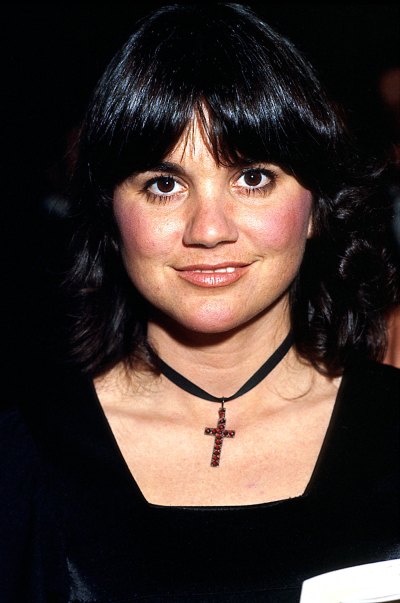
Jim Smeal/Shutterstock
Linda Ronstadt Shares Health Update After Progressive Supranuclear Palsy Diagnosis: I ‘Still Love Music’
A smile lit her face and Linda Ronstadt glowed with pride as she watched an ensemble of young musicians performing during a cultural exchange trip to Mexico. “Children need art in their lives — real art, not the stuff you watch on television,” Linda exclusively tells Closer. “Art is essential for processing your feelings, connecting to your origins and who you are.”
All that is still true for Linda, too. Although progressive supranuclear palsy ended the 10 time Grammy winner’s music career, Linda, 74, believes music is as important to her well-being as food and water. “I can’t play the guitar or piano. I can’t sing at all,” she says. “But still love music and can still play music in my head.”

Linda, whose biggest hits include the 1970s FM radio staples “You’re No Good,” “Blue Bayou,” and “Poor Poor Pitiful Me,” grew up in Arizona in a home filled with music. “I think I was about 2 when I knew I was going to sing. I didn’t know I was going to be famous, I just wanted to sing,” says the performer, who admits she “hated school” as a child. “I don’t have any idea what else I could have done. Maybe a music teacher.”
In those early years, Linda was influenced by everything she heard at home: from her mother’s favorite opera and Gilbert and Sullivan show tunes to her dad’s preference for rock, country and mariachi bands. “I wish I would have spent a lot more time learning traditional Mexican music,” Linda confesses. “I knew it, but I didn’t know enough to play it professionally.”
Because she is fair-skinned and sports a Germanic surname, Linda’s Mexican heritage isn’t obvious, but she has always felt a connection to the Sonora region of Mexico, the land of her immigrant great-grandfather. “I was born about 60 minutes from the Mexican border,” explains the star. “In those days, the border was permeable. We could go back and forth to have lunch with friends, go to dances, baptisms and weddings. [Now] they put a fence on that part of the desert — and I am so sorry to see it — but the culture remains the same on both sides.”
CROSSING BORDERS
Despite her progressive illness, Linda has been a patron of Los Cenzontles Cultural Arts Academy, a nonprofit organization which teaches traditional Mexican music and dance to children in the San Francisco Bay area, for nearly 30 years. “The children learn to use music to socialize and reconnect with the generations behind them,” she explains. “They live in a very dicey neighborhood, but the center gives them a place to go after school. It’s a place to do homework, have nutritious food and they learn to play music very well.”

Last year, the singer took a road trip on a bus filled with young singers and dancers to Banámichi, a town in Sonora, as part of a cultural exchange. It’s the subject of a new documentary, Linda and the Mockingbirds, which is available on streaming platforms.
The film is a reflection on border politics and a testament to the healing power of music. “Music has always been essential, even to people living in concentration camps and prisons,” Linda says, noting that it’s gratifying to watch the children use music to express their “profound feelings” over their difficult circumstances.
Though Linda misses her days of performing, she finds real satisfaction from her work with children and music. “I have a progressive disease, which is progressing, unfortunately,” she says. “But I have a lot of support from friends and family so I’m pretty content.”
— Louise A. Barile, with reporting by Katie Bruno
For more on this story, pick up the latest issue of Closer magazine, on newsstands now.






































